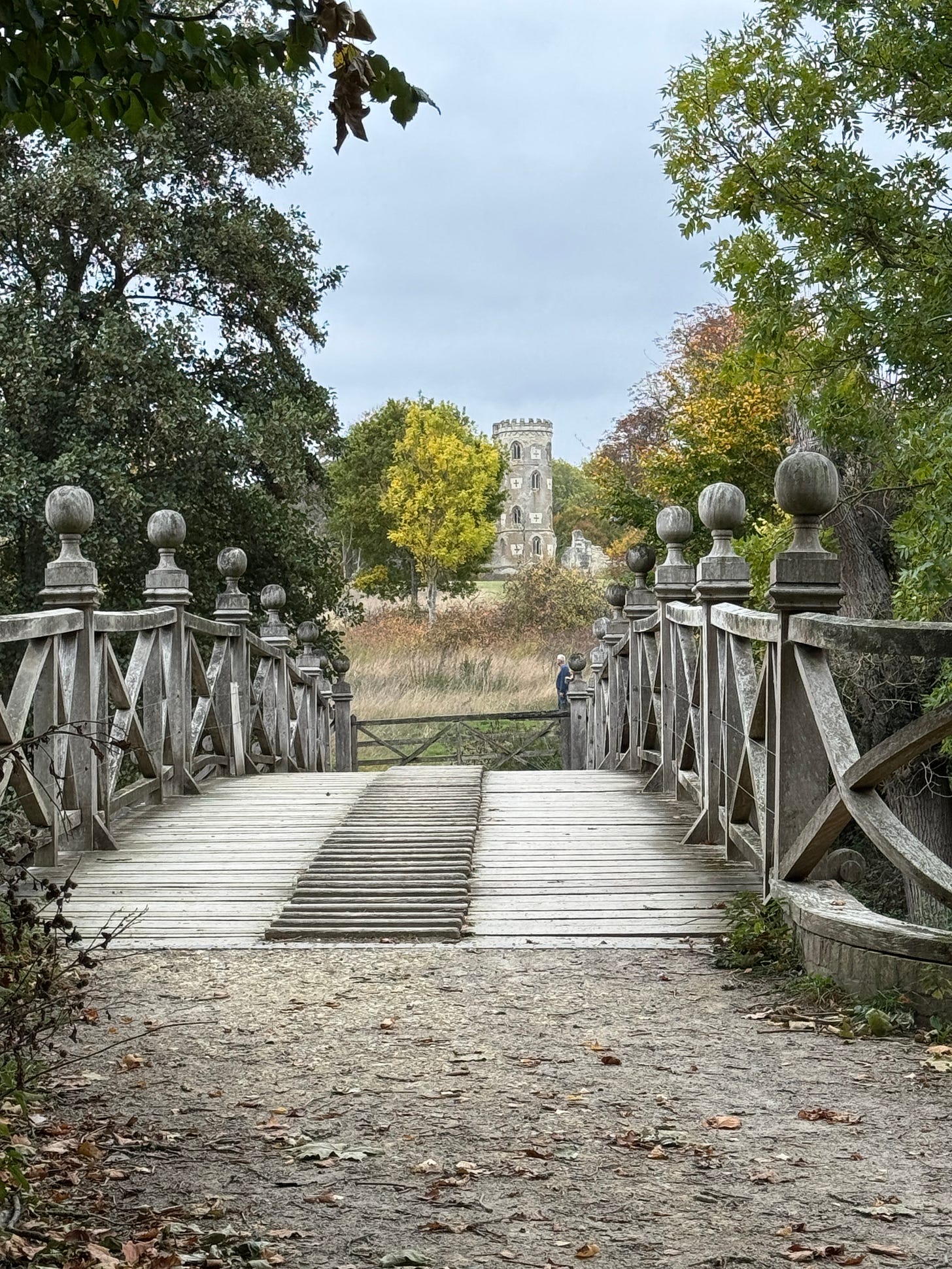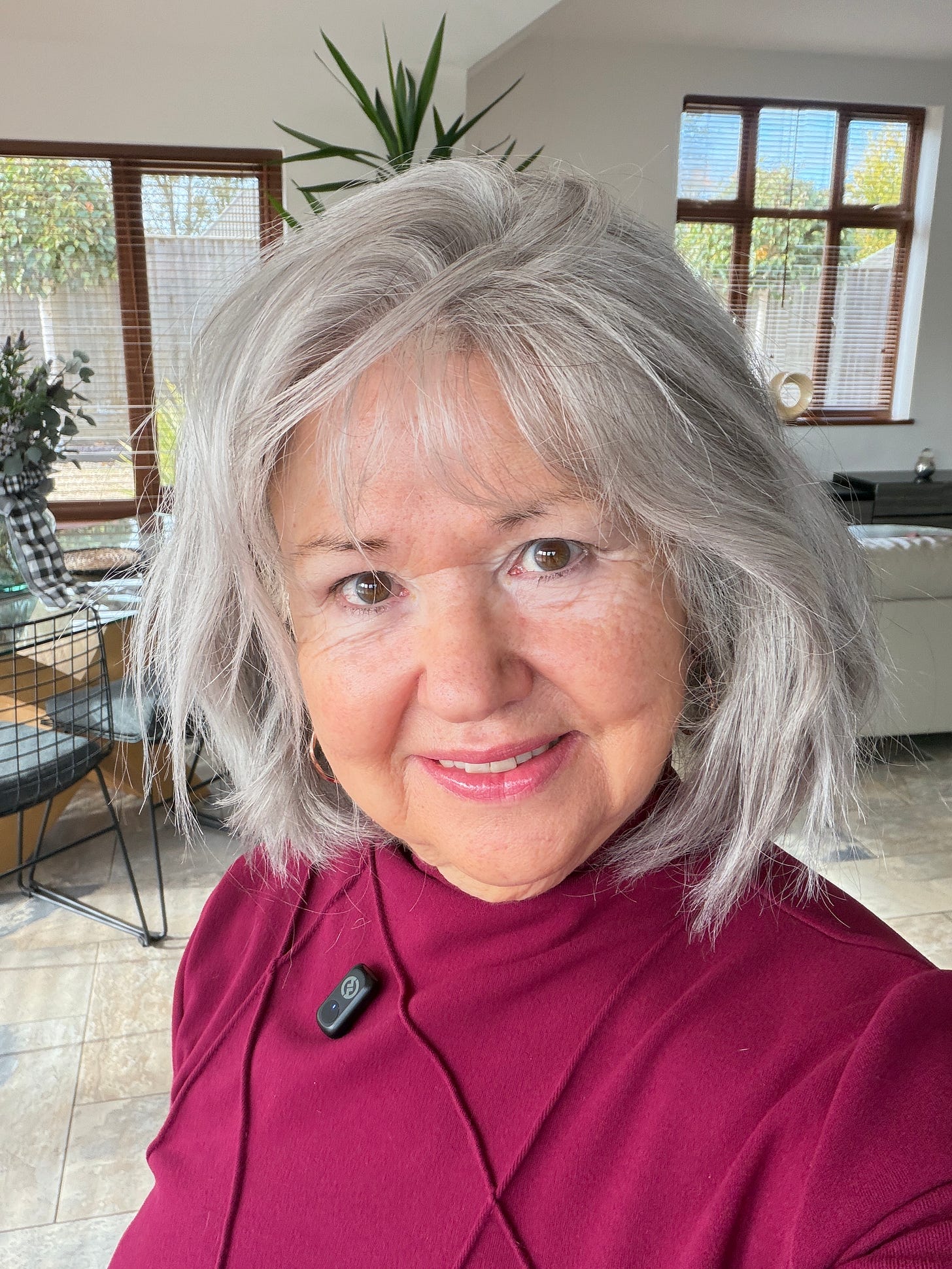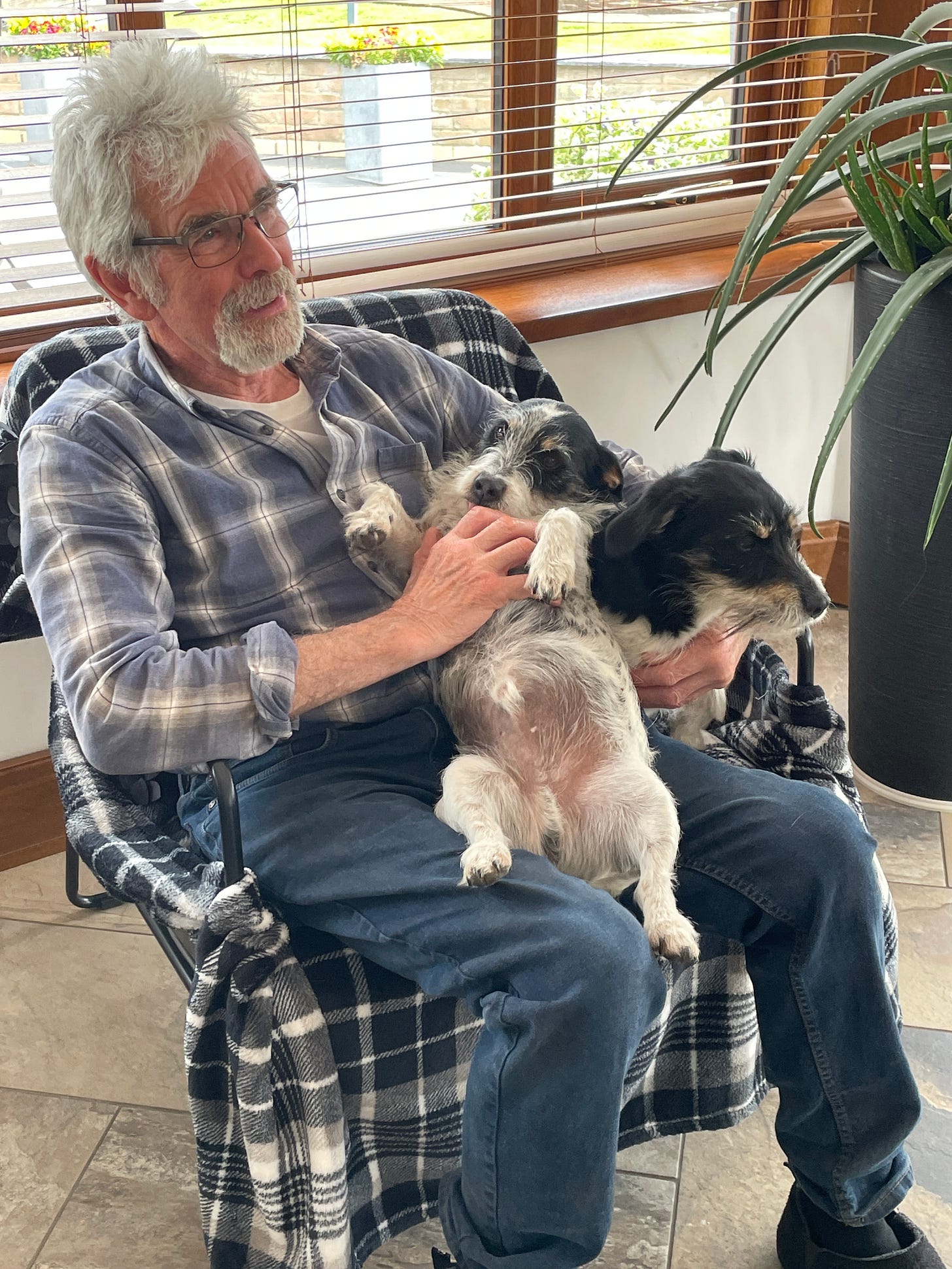Let’s talk about Loss…
It happens to us all in one form or another, but it’s something we find incredibly difficult to talk about.
Introduction
I have been wanting to write a post about loss for a very long time now, but I was inspired to put pen to paper this week, after a visit to my Sister in Yorkshire very recently, and a conversation with himself indoors just this week.
For me, it brought home the fact that deep loss and grief, doesn’t have to be about a person dying who you love which is incredibly sad and life changing, but it can be loss about many other aspects of your life to which you are deeply attached, and for whatever reason is no longer there in your day to day daily life and activities.
For me, these reflections helped me to understand a little better than I did before what loss in all its forms really feels like and how it has affected me over the past few years.(although I thought I had a good grasp on grief and loss from my specialist council training as a social worker)
I hope that in sharing this, that you too may feel and increased insight into any loss or grief that you are experiencing at the moment, and maybe just maybe give you some light at the end of what seems a very long tunnel when you are travelling through it.

When We Lose Something Beyond a Person
Loss isn’t always about death. Sometimes it’s the end of a career you loved, the collapse of a business you built from scratch, the friendship that quietly faded, or the life you thought you’d be living by now.
These moments often go unnoticed by others—no flowers, no casseroles, no comforting words. But inside, you feel the same deep ache of something precious slipping away. It changes how you see yourself, how you trust the world, and sometimes, how you find your place in it.
Loss—of any kind—isn’t just about what’s gone. It’s about how we learn to live in the space that remains.
How We View Loss Matters
Our first instinct is usually to resist loss. We want to fix it, rewind it, or pretend it’s temporary. But the truth is, how you view loss shapes everything that follows.
If you see it only as failure, you’ll stay stuck in shame and self-blame. But if you can begin—slowly—to see it as part of the human experience, as a moment that invites reflection and growth, something shifts inside you.
Think of loss as a turning point rather than a final end. You don’t have to like it (who does?), but acknowledging that it has something to teach may open a door. Maybe it’s teaching resilience. Maybe patience. Maybe it’s asking you to redefine what really matters.
When we lose something dear—like our ‘youth’ as we age, financial security that we may have spent a lifetime trying to build, or our professional identity takes a nosedive when we are made redundant, it forces us to look at what’s underneath. We discover how much of our self-worth was tied to our perceived youth and usefulness, that job title, that paycheck, that relationship. It’s not an easy truth to face, but it’s a powerful one.
How We Respond Initially to That Loss
Let’s be honest: the first response to loss is rarely graceful. It’s raw, confusing, and sometimes messy. You might deny it—“It’s fine, I’ll bounce back.” Or feel angry—“This shouldn’t have happened to me.” Maybe for some of us we just go numb.
And that’s okay, I know that now. There’s no “right” way to react when the rug gets pulled out from under you.
What matters is giving ourselves permission to feel what’s actually happening. The pressure to “move on quickly” or “stay positive” from other well meaning souls can do more harm than good. For me I have learned to allow my tears to fall, the silence, the in-between moments where you don’t know what to do next be a time of self love and try to journey through this period with patience, knowing for sure that in the natural order of things nothing lasts for ever. There is always a point of renewal a change.
Your emotions are not the problem—they’re the map. They’re pointing you toward what truly hurts, and that’s where healing begins.
Some people journal. Others talk it through with friends or find comfort in solitude. You might throw yourself into something creative or physical just to release what words can’t. Whatever form it takes, expressing your loss is not weakness—it’s strength. It’s how your heart starts to breathe again.
How We Work Through and Gain New Perspectives for the Future
Working through loss isn’t about forgetting what happened. It’s about slowly integrating it into our life story.
I like to think of it as learning to walk with a slight temporary limp (as though you sprained your ankle)—you still move forward, but differently than before. The loss becomes part of our very balance, part of how we see and understand the world at that time.
At first, we might only see what’s missing, (over the years in periods of great loss, I have felt this so strongly). Over time, though, small moments begin to return, for example laughing at a TV program, connection, curiosity about whats happening in the world around you, maybe even gratitude. We begin to see that life didn’t end when maybe our relationship or job ended, or indeed when our plans for the future that we spent so much time on -just fell apart. No, I have learned it became just a change in direction.
This stage of our loss and subsequent grief often involves reflection and redefining.
WE might ask ourselves:
What did that job, dream, or younger identity/role mean to me?
What parts of it do I still want in my life, in some new form?
What values carried me through that experience that I can still rely on now?
Loss strips away the ‘never ending stuff’ that surrounds us on a daily basis, and leaves us only with what’s real. It can bring unexpected clarity. Maybe we discover that our identity was never just our career—it was our creativity, our discipline, our ability to connect with others. It was the real ‘ME’ We begin to realise that the real stuff that we have humanly built on over the years are still there even if the circumstances change.
Sometimes, gaining new perspective also means learning to accept help. Letting people in when you’d rather isolate yourself.(I am a Cancer - the Crab and have a hard shell which I retreat into when the going gets tough…) Or forgiving yourself for not having all the answers. Growth on a personal level begins to look a lot less like triumph and more like tenderness as you learn to nurture and care for your inner self.
I also remember from my old Social Work days and my training that healing isn’t linear. We’ll all have good days and days where the weight of what’s gone before us hits us all over again. I really feel that it doesn’t mean we’re going backward -It means we’re human.
The Outcome of Our Journey Through Loss
Eventually, something shifts. We wake up one morning and realise we’re not as defined by what we have lost anymore. The grief is still there, but softer—woven into who we are rather than standing in front of us ranting and shouting in our face.

We start to notice possibilities again. Maybe that new opportunity that suddenly came out of nowhere feels less terrifying and more exciting. Maybe we can find beauty in small things that in life’s busyness in the past we used to overlook. Maybe we finally understand that peace doesn’t come from getting everything back (it can never be the same again)—because for me real peace comes from making meaning out of what’s left and the life I have going forward.
The outcome of loss and our grief journey isn’t always dramatic. For me, I have often found it means a quiet strength that I can almost palpably feel. A steadier heartbeat when you lie by yourself in a quiet moment and listen to the beat as it blends with nature or a deeper empathy for others walking their own invisible roads of grief.
You might even become someone who can say to another person, “I know what it’s like to lose something dear—and I know, you’ll find your way again.” (What we are really saying is not only have we walked in your shoes - but we have felt the corns on your feet)
That kind of wisdom, empathy + and listening to another in order to understand - and not just respond can’t be taught; it’s earned through the cracks and the rebuilding.
Final Thoughts from Me to You
Loss—whether of a loved one, a job, health, or a way of life—is one of life’s greatest equalisers. It reminds us all that nothing is permanent, but also that we are endlessly adaptable and flexible to meet whatever challenges we have to face in our daily lives.
Loss I have learned is that we don’t have to rush our way through it. We need to sit with it - to learn from it.
Our loss and the grief we feel requires us to understand our need to reshape our perspective gently.
Loss is not about erasing our past, but about enriching it with a meaning and an understanding that we never would experience had we not gone through that loss.
In time, loss can become a quiet teacher. It didn’t take away my pain, but it did reveal a strength and resilience I may never have known I had, and for that I am so grateful that I can carry on and look to the future with hope afresh.
And maybe, just maybe, it can open the door to a version of life that—while different—is still deeply, beautifully yours.
Yours in friendship as always.








Hey, great read as always. Your insights on loss are truely profound.